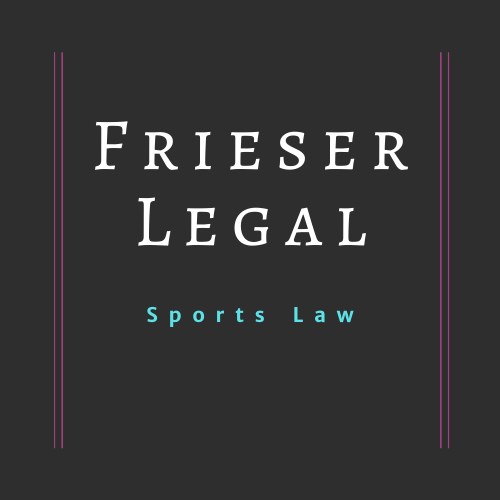As tax season is looming, many student-athletes that have earned income for NIL activities over the past year will likely interact with the IRS for the first time. Student-athletes should be mindful that their income from NIL deals over the past year are now subject to applicable federal and state income taxes. For NIL deals worth more than $600, the company entering into an NIL deal with a student-athlete must provide the student-athlete with an IRS 1099 form. For deals less than $600, no 1099 is required, and student-athletes must disclose the deal to the IRS independently. While a large portion of NIL deals are for less than $600, student-athletes must be aware of the tax requirements of the endorsement deals they have signed.
While it has long been established, a student-athlete’s scholarship will not be considered taxable income. Additionally, the room and board compensation an athlete receives from a school is also not subject to state or federal income tax. However, since student-athletes can now earn compensation for their name, image and likeness, that compensation will be taxed by both federal and state governments.
A significant distinction student-athletes should be aware of is their status as independent contractors for tax purposes. Student-athletes are not considered employees of their universities. Student-athletes, however, are receiving taxable income through their NIL deals. Many student-athletes have multiple deals at a time, often worth tens or hundreds of thousands of dollars in total. However, student-athletes are not employees of the companies they reach deals with for tax purposes. Otherwise, student-athletes are independent contractors of those companies, using their NIL to promote products in exchange for compensation. This is a significant distinction for tax purposes. As opposed to employment taxes, student-athletes will be subject to self-employment taxes.
Under the internal revenue code (which encompasses federal taxes), endorsement income is subject to self-employment tax as well as Medicare contribution tax under § 1402(a) and (b). However, it will not be subject to the unearned income Medicare contribution tax under § 1411 created by the Affordable Healthcare Act. Unlike traditional employment taxes, these taxes will not be withheld from a student-athlete’s compensation when earned. Student-athletes should be mindful that they will need to save a portion of their NIL earnings in order to pay for their tax liability, which will be due in its entirety upon filing a tax return.
Student-athletes should also be aware of any state income taxes that could be applied to their NIL income. Currently, Alaska, Florida, Nevada, New Hampshire, South Dakota, Tennessee, Texas, Washington, and Wyoming are the only states without a state income tax. If a student-athlete attends a school in another state not listed, their NIL income will likely be subject to state income tax. With many states passing NIL laws in 2021, none provided student-athletes with an exemption to state income taxes. Incoming student-athletes and student-athletes in the transfer portal should be mindful of which state their school is located in when understanding what taxes they may be liable for. While some states have very minimal or no state income taxes, others have a substantial income tax, up to nearly 10%.
In conclusion, student-athletes should be aware that their NIL compensation will be subject to federal and state taxes. These taxes will not be withheld from the student-athlete’s compensation as they would be in a traditional employer-employee relationship. Instead, a student-athlete will have to set aside a portion of their NIL income to cover the applicable taxes. Student-athletes should also be mindful that their tax liability could be significantly different depending on where they attend school. Of course, a student-athlete should seek qualified representation that can assist and guarantee that they will be able to pay their taxes.
By Paul Kekich
Paul Kekich is a Sports Law Intern at Frieser Legal and a second-year law student at Marquette University law school where he is pursuing his J.D. with a focus on sports law and intellectual property law. Paul’s studies are focused on a potential future of working in collegiate sports, as well as identifying new and emerging issues that affect college athletes.

